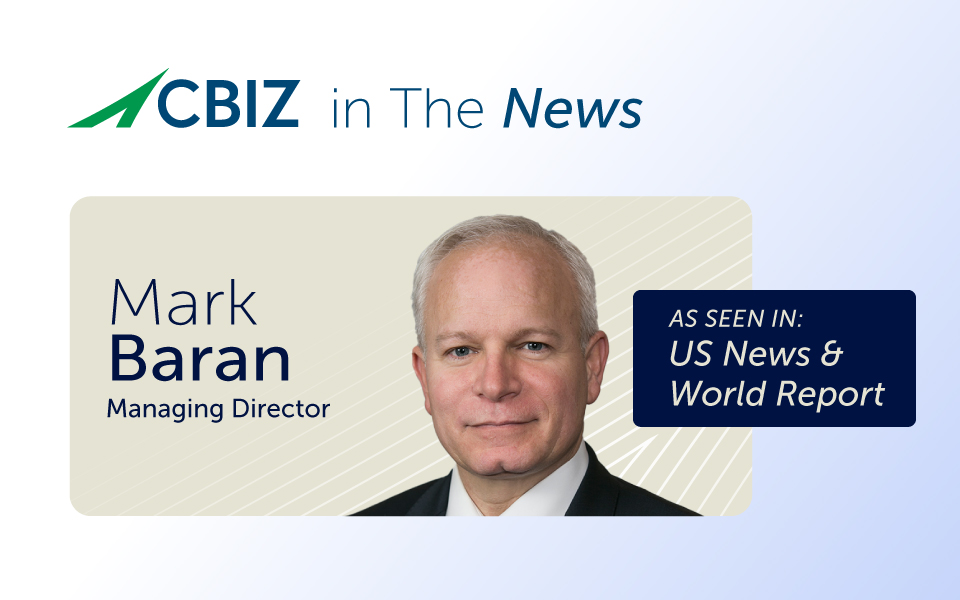Insights That Drive Action
Access fresh perspectives, in-depth analysis, and industry trends that empower your business. From articles and videos to webinars and reports, CBIZ delivers the insights you need to stay ahead.
Stay Informed
Get the latest business insights, trends, and expert analysis delivered straight to your inbox. Subscribe to CBIZ Insights for thought leadership that helps you make smarter decisions.
